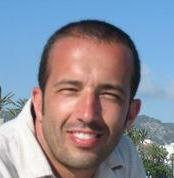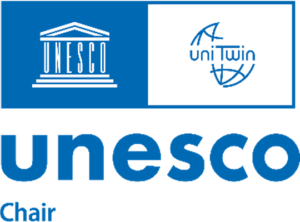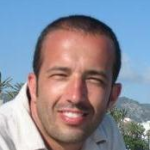Lecture:
Thursday 10 April 2025 - 16:30 to 18:00 CEST
Hybrid: S8, Maison de la Paix, Geneva & Online (Zoom)
Interpretation in Arabic, Russian and Spanish will be available. Automatically translated closed captioning in various languages will also be available.
Open Café:
Friday 11 April 2025 - 10:00 to 11:00 CEST
IN PERSON ONLY
How do countries and International Organizations value education policies? Introducing the 6 ‘E’s framework
In developing countries, the design and implementation of education policies rely on a pool of financial and technical assets available in the country itself; or coming from bilateral and multilateral organizations. Both domestic and external actors “value” policy options in two ways: they assign worth to them; and do so according to values that transcend specific policy debates. Crucially, different actors, both domestic and external, assign different value to different values. Also, given the complex global landscape, domestic actors, despite limitations, enjoy some autonomy in choosing external partners. Cardoso, capitalizing on his previous experience in a developing country’s government and two multilateral organizations, will examine the role of these different value criteria in education policy discussions.
 Manuel Enrique Cardoso (PhD, Comparative and International Education, Teachers College/Columbia; Ed.M., International Education Policy, Harvard) was a learning specialist at the UN system for nearly two decades, first at the UNESCO Institute for Statistics in Montréal, and then at UNICEF’s headquarters in New York. Previously he worked for Uruguay’s national assessment system while teaching at two universities. In 2023 he returned to TC, this time as faculty, from his position as Coordinator of Learning Assessment Programs at the Council of Ministers of Education, Canada. Now back in his home country, he is Head of Research at the Institute of Education in Universidad ORT, Uruguay. His work has been published in Comparative Education Review, the International Review of Education, and Compare, among others. His research interests include international organizations; large-scale assessments, both national and international; their links with education policy; and language(s) in education.
Manuel Enrique Cardoso (PhD, Comparative and International Education, Teachers College/Columbia; Ed.M., International Education Policy, Harvard) was a learning specialist at the UN system for nearly two decades, first at the UNESCO Institute for Statistics in Montréal, and then at UNICEF’s headquarters in New York. Previously he worked for Uruguay’s national assessment system while teaching at two universities. In 2023 he returned to TC, this time as faculty, from his position as Coordinator of Learning Assessment Programs at the Council of Ministers of Education, Canada. Now back in his home country, he is Head of Research at the Institute of Education in Universidad ORT, Uruguay. His work has been published in Comparative Education Review, the International Review of Education, and Compare, among others. His research interests include international organizations; large-scale assessments, both national and international; their links with education policy; and language(s) in education.
Co-host:

Co-sponsors: 




